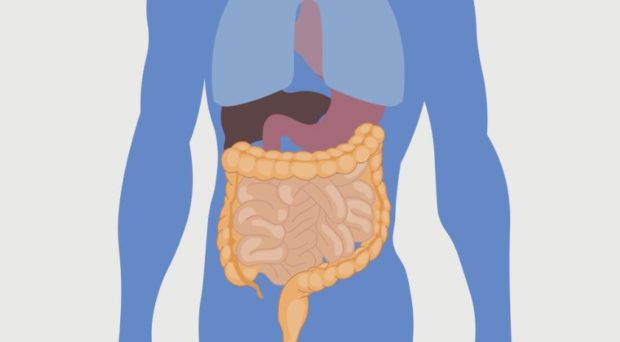
It is well known that the reduced action of the hormone insulin – known as insulin resistance – increases the risk of developing type 2 diabetes. It is estimated that around 10% of the adult population worldwide suffers from type 2 diabetes, while an even greater percentage has insulin resistance.
The major contributors to insulin resistance are being overweight and a lack of daily physical activity. Recent studies have, however suggested that an altered gut microbiota may be involved in the causation of insulin resistance in animals and humans. Yet, the specific gut bacteria involved in the development of insulin resistance have remained elusive.
In new landmark research from an EU-supported research team with European and Chinese researchers, MetaHIT clearly shows that specific imbalances in the composition and function of the intestinal bacteria also leads to insulin resistance and thereby increases the risk of developing type 2 diabetes.
What did the study find?
We show that specific imbalances in the gut microbiota are essential contributors to insulin resistance, a forerunner state of widespread disorders like type 2 diabetes, hypertension and atherosclerotic cardiovascular diseases
Professor Oluf Pedersen
University of Copenhagen
“We show that specific imbalances in the gut microbiota are essential contributors to insulin resistance, a forerunner state of widespread disorders like type 2 diabetes, hypertension and atherosclerotic cardiovascular diseases, which are in epidemic growth,” says Professor Oluf Pedersen, Novo Nordisk Foundation Center for Basic Metabolic Research, University of Copenhagen, and senior lead author of the paper.
In the Danish study of 277 non-diabetic individuals and 75 type 2 diabetic patients, there was close collaboration between the University of Copenhagen and the Technical University of Denmark with extensive international participation from a team of investigators, who performed analyses of the action of the insulin hormone.
In addition, they monitored the concentrations of more than 1200 metabolites in blood and did advanced DNA-based studies of hundreds of bacteria in the human intestinal tract to explore if certain imbalances in gut microbiota are involved in the causation of common metabolic and cardiovascular disorders.
The researchers observed that people who had a decreased capacity of insulin action, and therefore were insulin resistant, had elevated blood levels of a subgroup of amino acids called branched-chain amino acids (BCAAs). Importantly, the rise of BCAAs levels in blood was related to specific changes in the gut microbiota composition and function.
Relating bacterial species to disease
The main drivers behind the gut bacterial biosynthesis of BCAAs turned out to be the two bacteria Prevotella copri and Bacteroides vulgatus. To test mechanistically if gut bacteria were a true cause of insulin resistance, the researchers fed mice with the Prevotella copri bacteria for three weeks. Compared with sham fed mice the Prevotella copi fed mice developed increased blood levels of BCAAs, insulin resistance and intolerance to glucose.
This study represents very significant medical and technical advances, and it is the first study to integrate serum metabolomics, microbiome and clinical data in a single analysis.
This study represents very significant medical and technical advances, and it is the first study to integrate serum metabolomics, microbiome and clinical data in a single analysis.
Henrik Bjorn Nielsen
The Technical University of Denmark
“This study represents very significant medical and technical advances, and it is the first study to integrate serum metabolomics, microbiome and clinical data in a single analysis. Importantly, the analysis highlights the importance of the different bacterial species in relation to the disease, and thus it enabled us to identify a specific microbe that caused insulin resistance when it was transferred to mice,” says Henrik Bjorn Nielsen, lead author from The Technical University of Denmark.
“Most people with insulin resistance do not know that they have it. However, it is known that the majority of overweight and obese individuals are insulin resistant and it is well known that dietary shifts to less calorie-dense eating and increased daily intake of any kind of vegetables and less intake of food rich in animal fat tend to normalize imbalances of gut microbiota and simultaneously improve insulin sensitivity of the host,” adds Pedersen.
“Much more scientific efforts will be concentrated at investigations of how dietary changes alone, or in combination with microbial or pharmacological interventions, may permanently eliminate the imbalances of gut microbiota in individuals with impaired insulin sensitivity. Such initiatives are projected to lead to one or more novel avenues to improve public health, especially for the many people at increased risk of contracting type 2 diabetes, hypertension and cardiovascular disorders,” he concludes.
Latest posts by Authors (see all)
- Gut bacteria imbalance increases diabetes risk - 14th July 2016
2 Comments